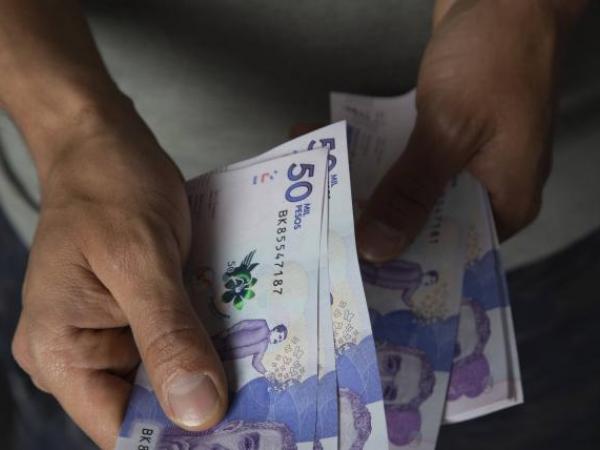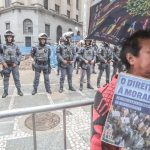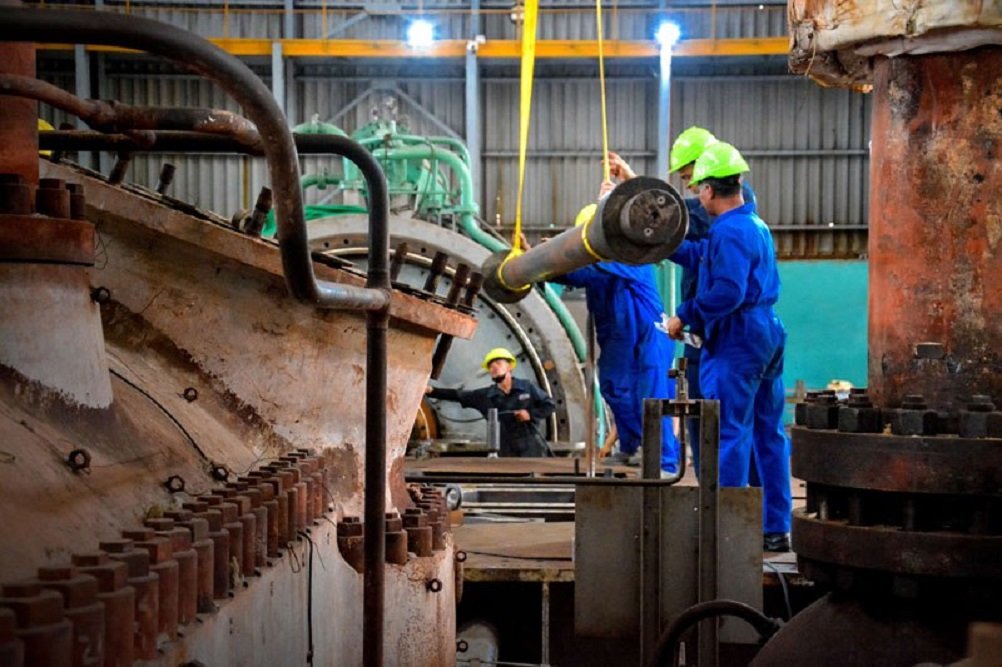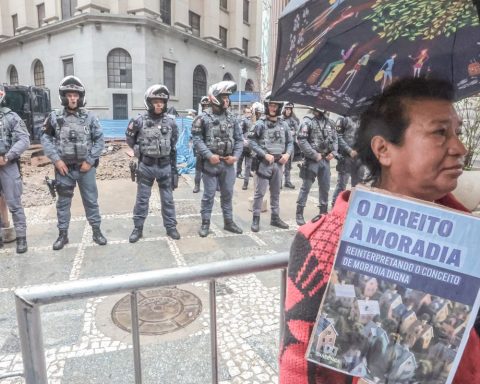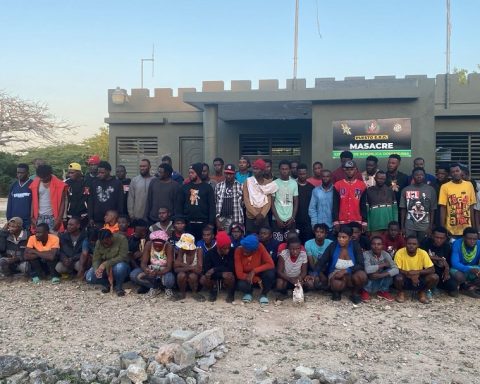Colombia It will be this 2022, according to the Organization for Economic Co-operation and Development (OECD), the member country that will have the most economic growth, 6.1%, something that the Government emphasizes is not explained solely thanks to the oil price hike, but for one countercyclical management during the coronavirus crisis.
(See: Fitch maintains Colombia’s rating at BB+ with a stable outlook).
“Oil cannot be seen as the only or the great determinant of growth“, he stated in an interview with the agency EFE the finance minister, Jose Manuel Restrepo who participated in Paris in the Economic Forum on Latin America of the OECD, during the week.
“It has been a combination of a public policy of reactivation, a countercyclical public policy (…) with a very strong resilience of the business sector“, that has already been added to the “good performance of international oil prices and some raw materials“.
(See: Strong growth of Foreign Direct Investment in the country).
Restrepo emphasized that although the rise in the price of a barrel of crude oil generates additional resources, collection is also increasing if the oil sector is excluded.
The minister recalled that, according to the World Bank, the progression of Gross Domestic Product (GDP) Colombia will double that of Latin America as a whole and that within the OECD there are only three other countries for which expectations have been revised upwards since the previous semi-annual report that had been published in December (the others are Denmark, Turkey and Australia).
(See: Why higher GDP in Colombia and Latin America is not as good as it seems).
Asked how he explains that with these macroeconomic results, apparently so positive, the vote in the presidential elections was marked by a radical turn that put the leftist in the second round on June 19 Gustavo Petro and the independent entrepreneur Rodolfo Hernandez, Restrepo made an effort to deny that there is an increase in inequalities behind it.
He insisted that the indicators show that the economic inequality has decreased relative to pre-pandemic levels, and where recovered 91% of employment lost during the coronavirus crisis.
But, at the same time, he acknowledged that “the social crisis of the pandemic was very great and remained in the depths of Colombians“.
In addition, he also blamed what has happened in the campaign “a dose of polarization, post-truth, populism“, since in Colombia there has been a “double reality” political and economic. And he linked it to the fact that “our citizens lived through a difficult moment, they felt it and expressed it at the time of social tension“.
In any case, Restrepo was confident that the new government that takes over after the second round of the presidential elections, beyond applying its ideological lines, will not question the values of Colombian democracywhich in his opinion are well established, with solid institutions.
(See: Colombia, the fourth Latin American country that receives the most foreign investment).
Restrepo said he did not want to comment on the candidates, but he did invite citizens to evaluate their programs taking into account a series of criteria.
Specifically, he invited them to evaluate whether these programs have “fiscal sustainability“, if they offer guarantees of long-term growth sustainability, if it is ensured that the most vulnerable people will be served and if they also have “environmental sustainability“.
EFE
